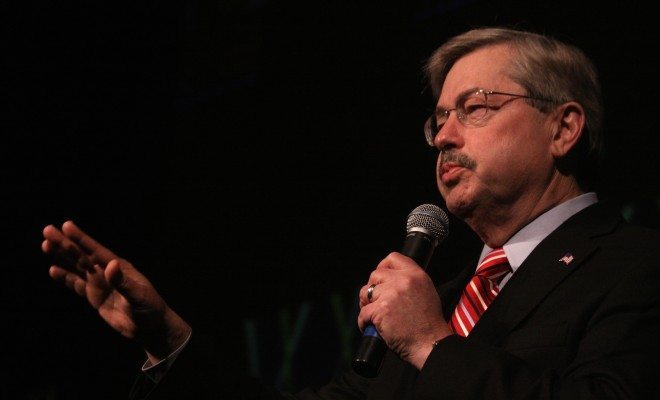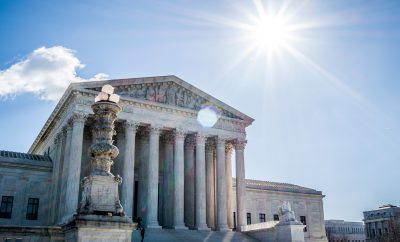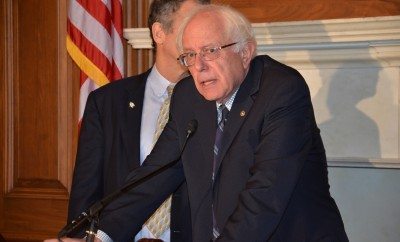
News
This is Legal: Iowa Coaches Can Sexually Exploit Their Students
The headlines always describe a similar situation, one exemplified by the well know Sandusky case, or possibly closer to home, by one of the scandals in our local schools. Ringing any bells? Dirty coach found amidst a sex scandal, abusing their power in the locker room. This story becomes old news right after headlines break, with the coach rightfully being fired or placed in jail. However, the state of Iowa is allowing coaches to get away with this sexual exploitation without penalty, causing heated debate over Iowa legislation. How is this possible?
On Friday, April 11, 2014 the Iowa Supreme Court in a vote of 5-2, ruled to overturn the sexual exploitation conviction of Patrick Nicoletto because of a loophole stating he was not hired as a licensed teacher. This means that Nicoletto’s current employment title prevents him from being charged with sexual exploitation under Iowa law.
This case first arose in 2012, when 36 year old Nicoletto was accused of sexual exploitation. This case arose when another school employee uncovered the Bloomfield basketball coach’s sexual relationship with a 16 year old high school junior on his team. Nicoletto was sentenced to five years in jail, but posted bond while his case was on appeal.
This ruling was reversed on Friday by Justice Brent Appel due to the fact that Nicoletto was hired as an assistant coach, rather than a licensed teacher or school administrator. Thus, he could not legally be prosecuted under the current Iowa legislation because coaches are not specifically mentioned by Iowa Code. This solely outlines sexual exploitation by a counselor, therapist, or other school employee (not including coaches or assistant coaches).
This new ruling is causing a stir within the Iowa community, noted by Governor Terry Branstad’s calls for legal revisions. Other states such as Alabama specifically label coaches and assistant coaches as falling within sexual exploitation statutes– Iowa should do the same. Advocates such as Executive Director of the Iowa Coalition Against Sexual Assault, Beth Barnhill, are making their concerns regarding this case very clear. They feel that the sexual exploitation statute should clearly extend to a case such as Nicoletto regardless of his current status. They agree this case creates an opportunity to clarify exactly who falls under the sexual exploitation statute and who can be convicted.
This case is not the first to present the idea that Iowa sexual exploitation legislation is too broad. This past November presented a similar debate regarding exploitation statutes, but outside of a school setting, as pastor Patrick Edouard was convicted of sexual exploitation, as a counselor. The defense attorneys argued that Iowa Supreme Court had previously labeled “counseling” as a professional activity that did not include the type of relationship that Edouard had with his parishioners. The Iowa attorney general’s office has appealed the ruling and both sides of the argument have been heard by the Supreme Court, although there is no current ruling.
Both of these cases underline the fact that legislators need to write criminal statutes with a clear voice and Iowa must specifically define who can receive penalties for sexual exploitation. The fact that someone such as a coach, who is placed in a position of authority, can take advantage of his power by having sex with a student is absurd. The fact that in Iowa this can be done without penalty is even more absurd. This means that legally due to a loophole labeling Nicoletto as a coach rather than a licensed school official, he had sexual relations with a 16 year old student that is on his team. On the other hand a teacher would reap the consequences for these exact actions. We can find solace in the fact that while Nicoletto may not under Iowa law, be charged with sexual exploitation, he may be brought up on other charges. Although, 16 is on the cusp of consensual sex. On a broader level, this case demonstrates that laws with loopholes may create injustice. It would be right for this coach to be penalized regardless of his job title, but simply because the law is not specific enough, Nicoletto was able to escape through the cracks unscathed. In the future, laws as serious as these must have specific definitions with specific consequences.
[The Des Moines Register] [Iowa Code]
—
Taylor Garre (@TaylorLynn013)
Featured image courtesy of [Gage Skidmore via Flickr]








Comments